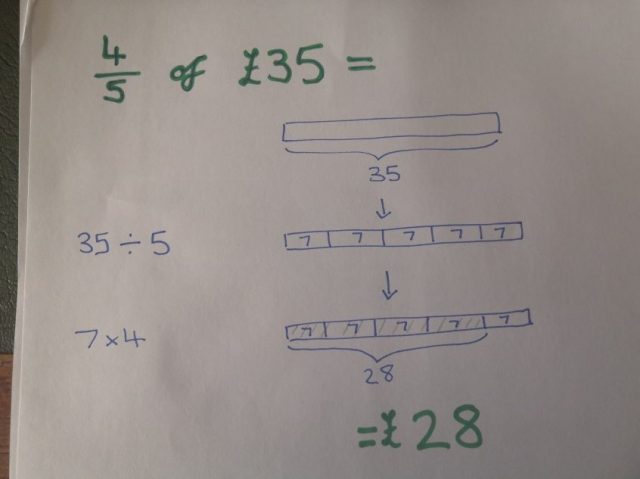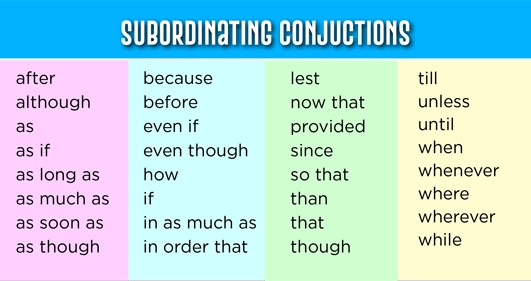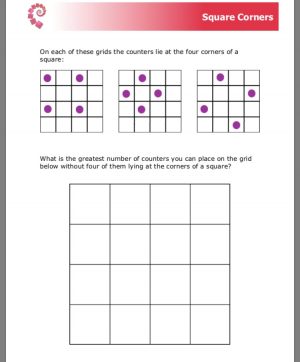This week we are starting a new whole school topic all about the country of Mexico. I will post suggestions for you each week and your English activities will be linked to reading and writing about what you are finding out.
Spellings: soft and hard g sound

Year 4 Suggestions: Year 5 Suggestions:
gel generous
general gypsy
ginger aggressive
regular exaggerate
strange government
strength recognise
guard vegetable
guide gymnast
group giraffe
giant magician
Can you sort them into hard & soft g sounds?
Look – Say – Cover – Write – Check
Can you use them in sentences?
Select the word list ‘hard & soft g’ in the word animator on letterjoin .
Arithmetic: Finding fractions of numbers
– To find a fraction of a number we divide by the denominator (bottom) and multiply by the numerator (top). At school we use bar models to work this out.

– BRONZE: ½ of 30 = ¼ of 32 = 1/5 of 45 = 1/3 of 270 = 1/6 of 42 = 1/3 of 42 =
– SILVER: ¾ of 48 = 2/3 of 60 = 3/5 of 45 = 2/5 of 60 = ¾ of 240 = 2/3 of 360 =
– GOLD: 3/7 of 49 = 2/3 of 426 = 1/10 of 3.5 = 3/8 of 112 = 4/6 of 222 =
Mexico Suggested Focus for the Week: Climate & Geography
You might like to find out:
- Where in the world is Mexico? Which continent is it part of? What countries does it border?
- What is the capital city? Can you name some other large cities?
- What is the weather like? Is it the same all over Mexico? Does it change at different times of the year?
- What is the landscape like in Mexico? Can you draw any of the natural features?
- Can you compare the geography of Mexico to what you learnt about Japan? Are there any similarities between the two countries? How are they different?
Suggested Activities:
- Design a front cover page for your Mexico project.
- Make an ‘I know, I think, I want to find out’ chart. Make sure you use the correct punctuation for statements and questions.
- Imagine you were visiting Mexico: how would you get there. Plan the journey.
- Design a post card from Mexico.
- Draw maps from your research.
- Make the Mexican flag.
English Suggestions
Monday: Reading
– Download the reading comprehension below or do some research into Mexico. Can you use your reading skills to find answers to some of the questions above?
Tuesday: Fact & Opinion
– A fact is something that is definitely true and can be backed up with evidence.
– An opinion is how someone feels. It can be disagreed with.
– Example: Mexico is a country in South America (fact). Mexico has rainforests (fact). Mexico is a beautiful country (opinion). You will enjoy learning about Mexico (opinion).
– Can you write 5 facts and 5 opinions about Mexico?
– You can find an online lesson on fact and opinion here. https://www.bbc.co.uk/bitesize/topics/zs44jxs/articles/z3wgqhv
Wednesday: Make a glossary of words for our Mexico topic
– Pick some technical words to do with geography and Mexico and try to write your own definition of each one. Can you also say what word class each is (noun, verb, adjective, adverb etc.)? Your word classes knowledge organiser should help you.
– You could compare your definitions with those in a dictionary.
– Organise your glossary into alphabetical order.
– Some example words to get you started: population, desert, rainforest, climate, weather, migrate, inhabit/inhabitant, crops, settlement, mountainous, colourful.
Thursday: Punctuating Bullet Points & Lists
– We already know how to use commas to separate items in a list sentence. You use a comma between each item except the last one where we use and. By Year 4 & 5 we can write lists that consist of more than just one word for each item. EXAMPLE At school we learnt about commas, adding different fractions, the country of Mexico and the human body.
– We can also write lists using bullet points. The heading introduces the list and is followed by a colon (:). Then each item is listed underneath. We must be careful to use punctuation consistently in our bullet points. If each bullet is a sentence use capital letters and punctuation. For lists of words, use commas and a full stop for the final item.
– Can you write some list sentences from your research about Mexico?
– Cab you use bullet points when making notes about the country?
– EXAMPLES
I want to find out:
- What do they wear in Mexico?
- What do they eat?
- How to make some Mexican food.
- What is the weather like there?
This we week are learning about:
- commas
- adding different fractions,
- the country of Mexico,
- the human body.
Friday: Writing Challenge
– Make a factfile about Mexico, using what you have learnt this week.
– Can you include some list sentences?
– Can you include some bullet point lists?
– Make sure you use capital letters correctly for proper nouns.
– If you include any questions in your factfile (such as Did you know …) that you punctuate them correctly.
Maths: Fractions
Children should understand that fractions and decimals are both ways of describing part of a whole. Children should recognise that fractions can describe part of a set, part of a shape, part of a number of part of a measurement and should also be able to associate fractions with division. They should recognise equivalence between simple fractions (e.g. that two quarters is the same as a half) and year 5 pupils should also recognise equivalence with decimals and percentages. Year 5 pupils should also be able to convert between mixed numbers and improper fractions (e.g. 3 ¼ = 13/4).
Your Maths Knowledge Organiser given out in the Spring Term will also help you this week (see further down this page for a digital copy if you can’t find it).

Monday: Representing Fractions in Different Ways
- How many different ways can you demonstrate fractions?
- Do a search around your house for all the places you can find fractions being used.
- Take one fraction and represent it in as many different ways as possible (see the photo above for ideas).
- Take a packet of sweets and record the fraction that is each colour.
- Can you represent different fractions with lego (see the photo below)?

Tuesday: Equivalent Fractions & Decimals (+ Percentages for Year 5)
- Make yourself a pairs or dominoes game matching equivalent fractions and decimals. You can download a set of cards below.
- Can you use lego to find different fractions that are equivalent (the same)?
- Can you convert each of these into a decimal: one half, one tenth, four-tenths, one-hundredth, three-hundredths, twenty-two-hundredths, one quarter, three-quarters?
- Write these as a fraction: 0.3, 0.5, 0.07, 0.25, 0.48
- Year 5: Can you write each of the above as a percentage?
- There is a game you can play to practice equivalences here.

Wednesday: Adding & Subtracting Fractions
- We use bar models to help us add and subtract fractions.
- “When adding fractions is your aim, the denominator must be the same.”
- Year 4 should be able to add and subtract fractions with the same denominator, e.g. 7/10 – 3/10 = or 2/5 + 4/5 =
- Year 5 should be able to add and subtract fractions with different denominators by converting them to the same denominator first – an online lesson to help with this can be found here. Example: 2/3 + ½ (convert both into sixths) 4/6 + 3/6 = 7/6 = 1 & 1/6)

Thursday: Multiplying Fractions
- Multiplying fractions is just the same as adding them lots of times (see yesterday), so 4/5 x 6 means 4/5 + 4/5 + 4/5 + 4/5 + 4/5 + 4/5 = 24/5 (Year 5 should then be able to simplify this to 4 & 4/5).
- Can you work out: ½ x 7 = 5 x ¾ = 7 x 3/5 = 3/8 x 7 =
- You can find an online lesson on this here.
Friday: Solving Fraction Problems
- Download the fraction word problems from below.
- Look at a takeway menu or shopping catalogue. Choose three things you want to buy. Which of these is the best deal to use: A) Get the most expensive item half price. B) Get the cheapest item for a quarter of its price. C) Take one-tenth off the total price.
- The answer is ¾. What could the question be? How many different questions can you think of?
Downloads
Useful Links
Purple Mash
National Geographic for Kids https://www.natgeokids.com/uk/












